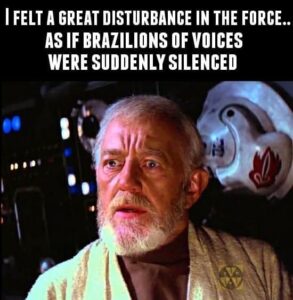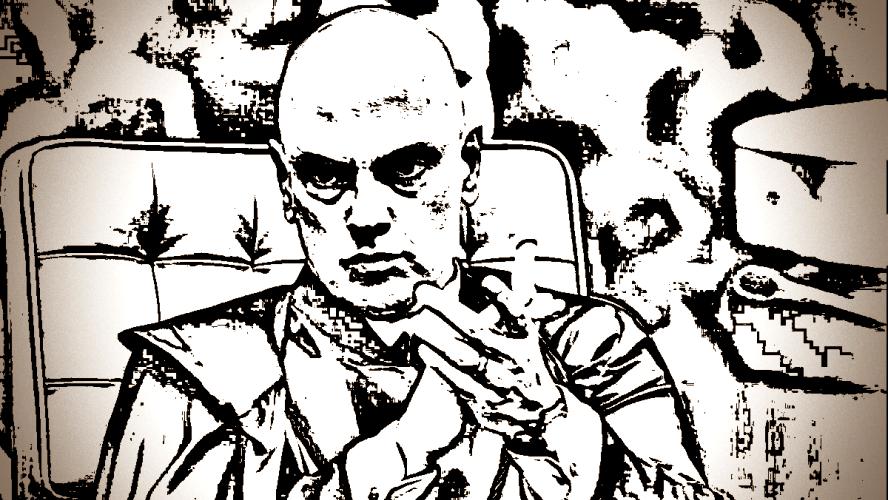On Friday, Paul Jacob (“Deep State in a Corner”) alluded to Elon Musk’s verbal and legal battles with Brazilian censorship, suggesting “why Musk is pulling out Twitter personnel” out of the Portuguese-speaking country. And as that commentary was “going to press,” as we used to say in the print biz, the story grew much larger.
“X began to go dark across Brazil on Saturday after the nation’s Supreme Court blocked the social network because its owner, Elon Musk, refused to comply with court orders to suspend certain accounts,” explain Jack Nicas and Kate Conger in The New York Times. “The moment posed one of the biggest tests yet of the billionaire’s efforts to transform the site into a digital town square where just about anything goes.”
Yes. It’s called “free speech.” It’s almost as if Nicas and Conger are trying to dysphemize it.
“Alexandre de Moraes, a Brazilian Supreme Court justice, ordered Brazil’s telecom agency to block access to X across the nation of 200 million because the company lacked a physical presence in Brazil.” But remember: X was pulling out so personnel wouldn’t get arrested for not complying with the maniac judge, Alexandre de Moraes.
Moraes’s antics have been covered extensively by Glenn Greenwald of System Update on Rumble. As noted on Friday, Rumble is also not operating in Brazil, nor allowed to be accessed over the Internet.

But there’s a lot more to the censorship story, and some of it expands upon the points in “Deep State in a Corner”: Mike Benz, whom you may have caught on Tucker Carlson’s show, says he was told by a Brazilian congressman that behind all this is a batch of NGOs funded by the United States: “the Brazilian think tanks who are part of the legislative development of these censorship edicts and who pressuring Brazil’s government not to create a carve‑X out for congressional parliamentarians because it would give a free pass for Brazilian members of Congress to spread misinformation online.”
Political. Very political.
Ominous. Very ominous.
